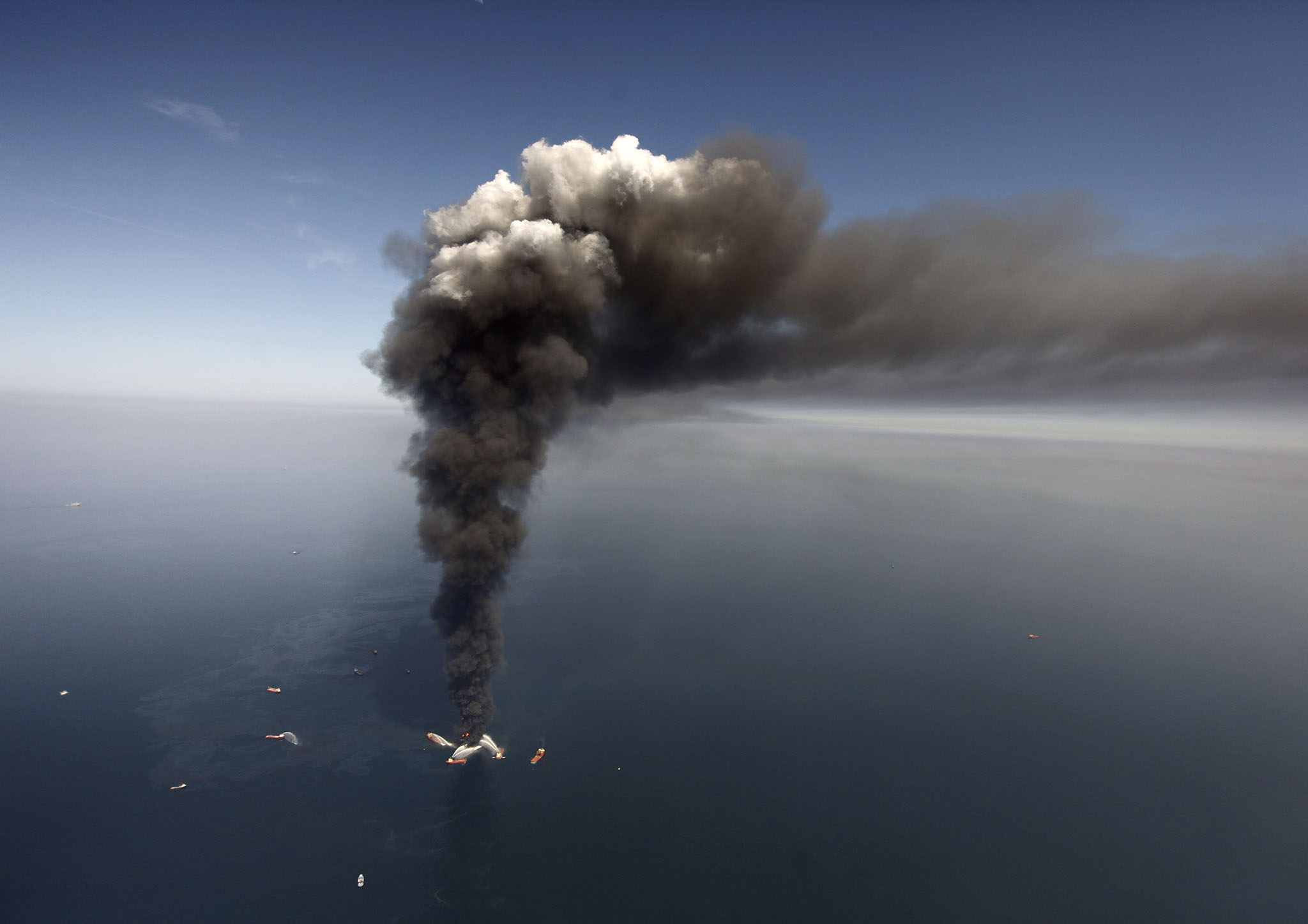

The greatest threat we face today is mankind's destruction of the biological foundations of life on the planet.. What we are witnessing today is nothing short of the greatest mass murder in world history. We are witnessing the greatest extermination of life since the Permian extinction, 250 million years ago. Who has a right to life? Only humans?
It is our view that this is a crime. It is also an act of suicidal madness.
Scientists are calling our era a sixth major mass extinction. Nature has already been through five major mass extinctions, and will survive another. But the survival of the human race is less certain, if we continue the resources we depend upon for our existence.
This page is a look at some of the top horrors being perpetrated by humanity today.
THE SIXTH MAJOR MASS EXTINCTION
The 2018 Living Planet report from the World Wildlife Foundation has found that a shocking 60% of the earth's mammals, birds, fish and reptiles have been killed by human activity since 1970.
The findings have led the world’s foremost experts to warn that the annihilation of wildlife is now an emergency that threatens all human life on this planet.
This report was put together with the involvement of 59 scientists from across the globe. The report found that the vast and growing consumption of food and resources by the global population is destroying the web of life, a web of life that humanity depends upon to survive.
Many scientists believe that we are in the midst of a sixth major mass extinction, one caused solely by human beings. Other recent analyses have revealed that even if the destruction were to end now, it would still take 5-7 million years for the natural world to recover.
THE HUGE DROP IN AMERICA'S COMMITMENT TO A SAFE ENVIRONMENT
THE POISONING OF OUR PLANET
Is the Green Revolution the solution for world hunger or a recipe for an even greater disaster?
As a result of the "Green Revolution" the world is now facing massive water shortages that only certain to get worse as time goes on. Meanwhile, pesticides and fertilizers are doing huge amounts of damage. Giant dead zones now sit offshore of the world's major rivers. We must remember that industrial fertilizers and pesticides were only invented in the last 100 years. There is no environmental track record to predict what these chemicals will do on a global scale.
PLASTIC IN THE OCEAN - ENTIRE CONTINENTS OF GARBAGE
The crisis of plastic in the ocean is one of the most understated horrors of our time.
Somewhere between 15 trillion and 51 trillion pieces of plastic litter the world's oceans, a recent study has found. By 2050, the ocean is expected to contain more plastic than fish. And there are huge islands of garbage all around the world, including an island of garbage in the Pacific Ocean that is now one of the world's largest continents. The amount of plastic currently in the ocean is set to triple in a decade, unless major reforms are put in place.
One really scary fact to consider is that plastic is slow to decompose, sticking around for centuries.
The plastic doesn't biodegrade, but fragments into smaller and smaller pieces, until microscopic, or nano-sized particles enter the food chain, the soil, and the air we drink.
Studies have shown that people are ingesting plastic and excreting it as well (Forbes). A study presented at the 26th United European Gastroenterology (UEG) Week meeting in Austria suggests that there is now so much plastic around us that it has now made its way into our guts. The study found that all the volunteers who took part in the study found plastic in their stool.
CLIMATE CHANGE - PASSING THE POINT OF NO RETURN
In many ways, we have already passed the point of no return. It is too late to change certain aspects of climate change. But scientists are saying if we do not take drastic action in 10-12 years, the situation will get even worse.
NATURAL GAS THREATENS PLANETARY STABILITY
Oil scholar Michael Klare calls fracking the "race for what is left." Louis Alstadt, the former VP of Mobil himself, states "The fracking that's going on right now is the real wake-up call on just what extreme lengths are required to pull oil or gas out of the ground now that most of the conventional reservoirs have been exploited - at least those that are easy to access." He goes on to discuss the reality that fracking releases Methane, a greenhouse gas that is 23 times more powerful than carbon dioxide.
RISING GLOBAL USE OF COAL
The use of coal in the world is going up, not down.
GLOBAL WATER CRISIS
Nearly a quarter of the world's population face almost imminent water shortages.
A total of 17 countries, home to more than a quarter of the world's population, are suffering 'extremely high' levels of water stress and taps in these regions could soon run dry.
MASS DEFORESTATION
The rainforest is the lungs of the planet. The mass destruction of the rainforest, along with the planet's forests in general, will do much to destabilize the climate of our world.
WFF
Map on Global Forest Destruction
Our map on the total destruction of forests that has taken place around the world.
New report examines drivers of rising Amazon deforestation on country-by-country basis (Mongabay, 5-23-19) Read the report: